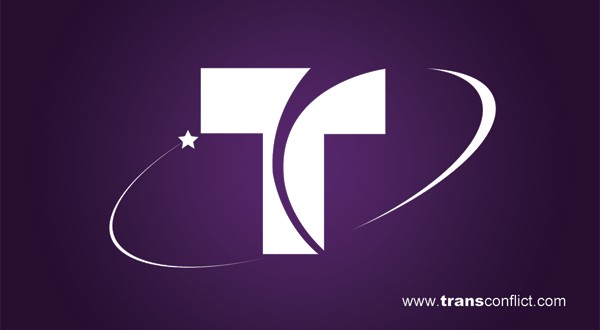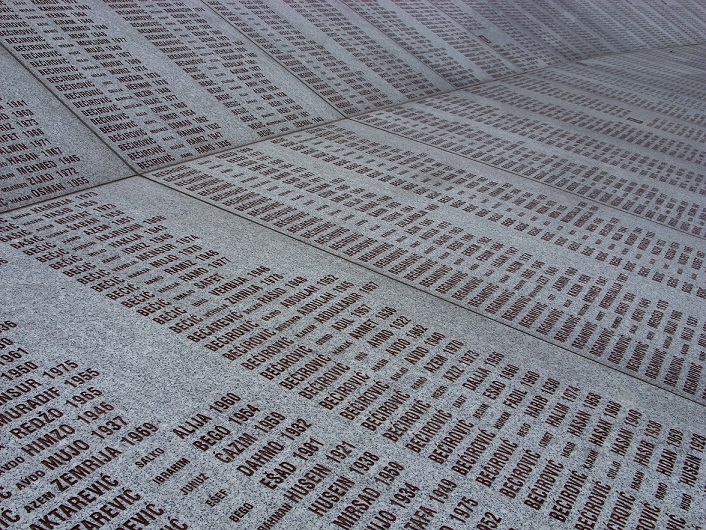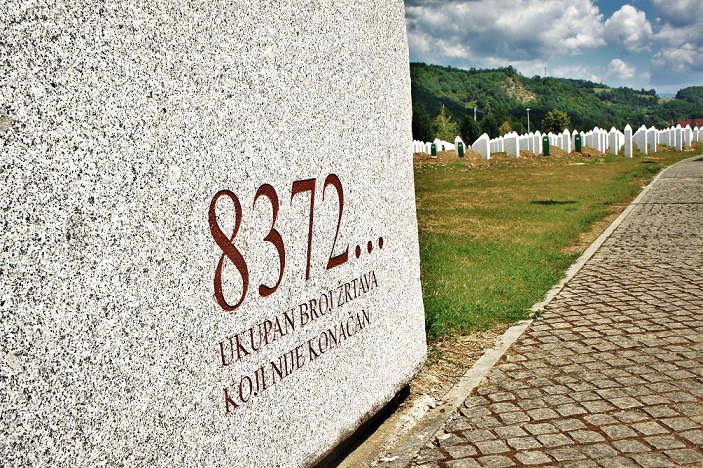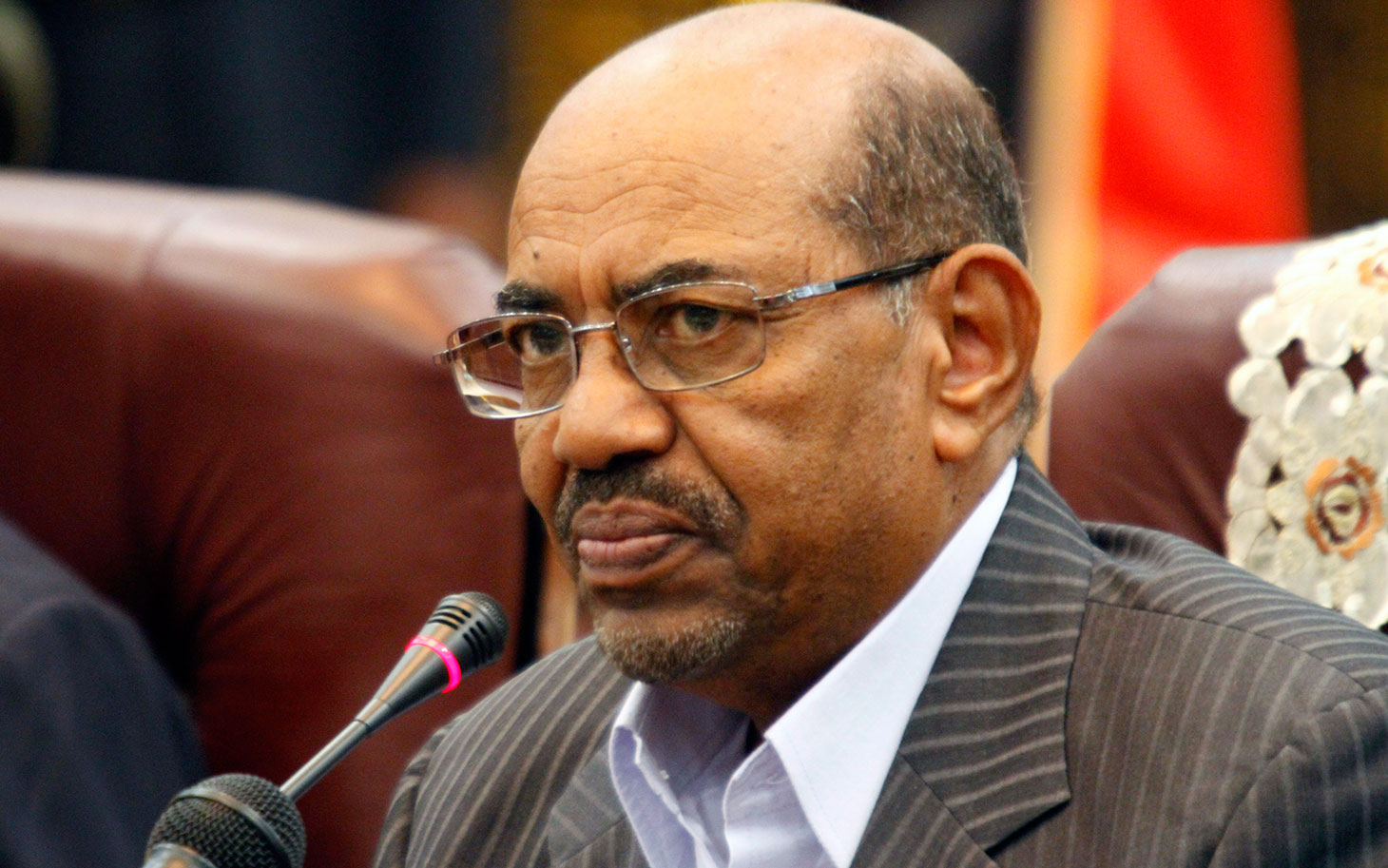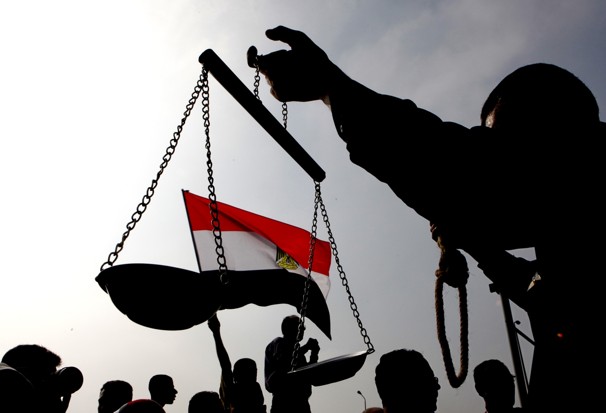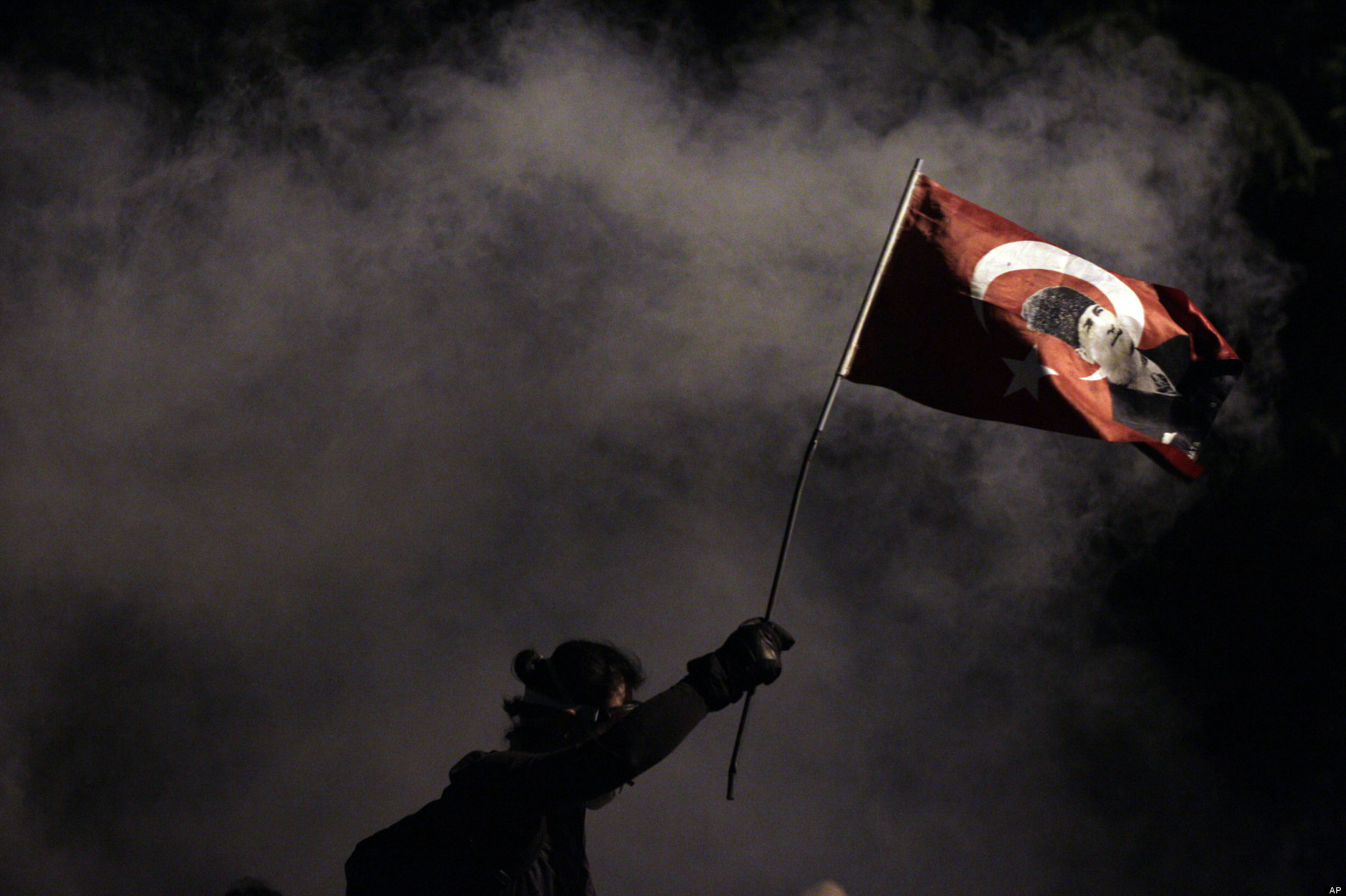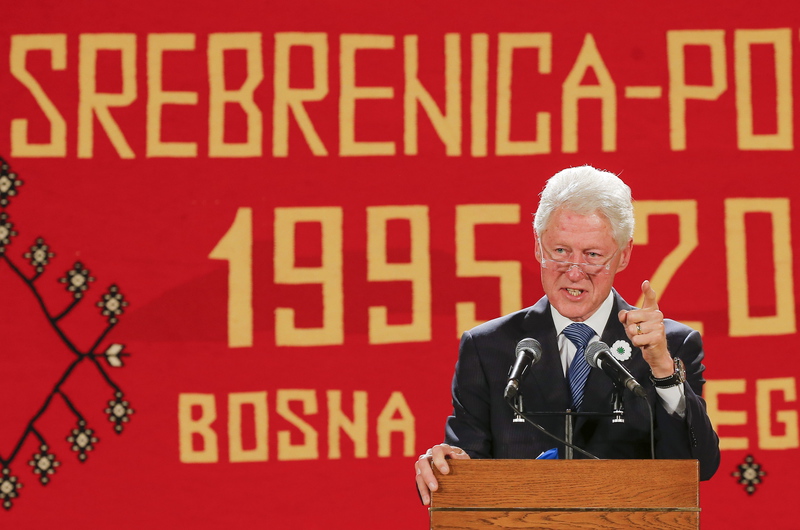July 2015 Review
TransConflict is pleased to present a selection of articles published during July, plus updates from the Global Coalition for Conflict Transformation.
| Suggested Reading | Conflict Background | GCCT |
1) Kicking the bomb down the road
David B. Kanin – Iran gains a lot and Israel a little from the nuclear deal. Read on…
2) The good, the bad and the ugly about the Iran deal
Dr. Alon Ben-Meir – How the deal will be implemented, whether or not Iran ultimately acquires nuclear weapons in five or ten years, and how the US in particular will act throughout the implementation process will determine if the deal is successful or not, and whether it passes the threshold of being historic. Read on…
3) Reappraising Western failures during the break-up of Yugoslavia
Gerard Gallucci – As we approach the sad day of 20 years on from the Srebrenica massacre, it has become – unsurprisingly – the object of much reappraisal and speculation. The events of that summer are just the middle of a long Western failure to comprehend the nature of the break-up of Yugoslavia and to act in a timely fashion to limit the damage. Read on…
4) The trial of Hissène Habré – an advance for world law
Rene Wadlow – The trial of Hissène Habré, former President of Chad, marks a new step in trans-national law. Habré will be tried in a specially constituted court created by a treaty between the African Union and the State of Senegal. It will be important to see if this new African court will be a one-time-only institution for the Habré trial or if it becomes a permanent institution of world law. Read on…
5) The road to Srebrenica – the West’s (non)response
Paul Gallagher – It has been 20 years since the Srebrenica Massacre and the cheerleaders of the West’s intervention were everywhere to be seen during the recent commemorations. But where were they when it was all happening? Read on…
6) Overcoming the Israeli-Palestinian psychosocial barrier
Dr. Alon Ben-Meir – There are many measures both Israel and Palestine must take to mitigate the psychological impediments that have separated their publics for decades. If the leadership truly believes that they must first reach a peace accord before they encourage and institute such reconciliatory public measures, they are disingenuous and dangerously misguided. Read on…
7) Omar al-Bashir – as a thief in the night
Rene Wadlow – For the moment, the ICC has dropped active involvement in the case against Sudan’s President Omar al-Bashir due to the impossibility of an arrest and a trial. In what was almost a “Pinochet moment” in South Africa, an NGO requested a South African court to serve two ICC arrest warrants against al-Bashir. But the South African police all do have a blind eye, and as a thief in the night, al-Bashir returned to Sudan. Read on…
8) Transitional justice at the crossroads – which road(s) do we take?
Paul Gallagher – Transitional justice is a noble aim which hopes to bring truth, justice, and accountability to victims but it continues to get mired in the political in-fighting that beset such societies. Transitional societies need to learn from previous attempts and build upon them to suit their own needs in the hope that they can transform into places where peace and reconciliation is achievable and long lasting. Read on…
9) Erdogan’s fall from grace
Dr. Alon Ben-Meir – Erdogan’s dream to preside as President during Turkey’s one hundredth anniversary in 2023 with near-absolute power and become the Atatürk of modern Turkey has now evaporated. His insatiable lust for power, arrogance, and the dictatorial manner by which he wielded his authority have finally done him in. Read on…
10) Peace and reconciliation – the perils of mistranslation
Marie Cleland – A mistranslation of an important point of Bill Clinton’s speech during the 20th anniversary of the Srebrenica genocide not only betrayed the actual intent of his words but may have inadvertently hindered the reconciliation process in Bosnia and Herzegovina. Read on…
The Global Coalition for Conflict Transformation
1) What is inhibiting peace in the Greater Horn of Africa?
Kisuke Ndiku – Research on peace in the Greater Horn of Africa demonstrates a complete lack of recognition of the role of non-violent means and techniques to address conflicts. Read on…

